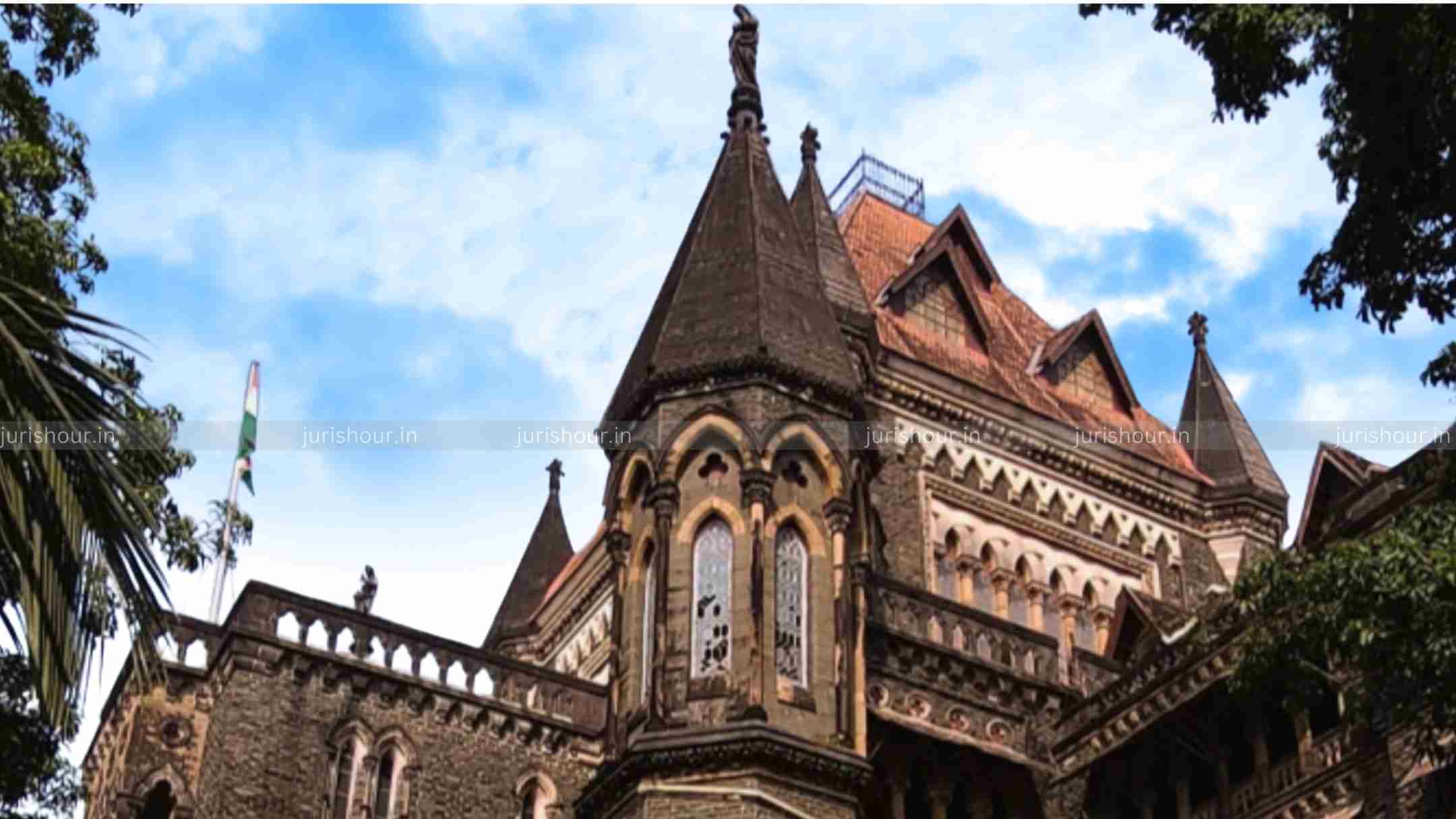AO Acted Under Superior’s Dictation Without Independent Belief: Bombay High Court Quashes Reassessment

AO Acted Under Superior’s Dictation Without Independent Belief: Bombay High Court Quashes Reassessment
The Bombay High Court while quashing the income tax reassessment held that the Assessing Officer (AO) has acted under superior’s dictation without independent belief.
The bench of Justice M.S. Sonak and Justice Jitendra Jain has observed that one of the preconditions for reopening is that the AO must have reason to believe that the income chargeable to tax has escaped assessment.
The appellant/assessee is engaged in the business of distributing photographic and electronic imaging systems, filed its return of income on 31 October 2007, declaring a total income of Rs.11,42,17,803. This return was revised on 07 November 2007, declaring a total income of Rs.12,30,39,783.
The return was selected for scrutiny assessment, and the original assessment was completed under Section 143(3) of the Income Tax Act, 1961 by accepting the returned income of Rs.12,30,39,783. This was in conformity with the price determination by the Transfer Price Officer (TPO), who suggested no adjustments to the value of the assessee's international transactions.
For the Assessment Year 2008-09, the TPO, while finalizing its order under Section 92CA (3), suggested an adjustment of Rs. 11,22,74,613. The assessee’s case was reopened by invoking the provisions of Section 147 of the Income Tax Act. A notice under Section 148 was issued followed by notices under Section 143(2) and Section 143(1).
An order under Section 143 read with Section 147 was passed on 25 March 2013 without referring to the TPO. The Pr. CIT-1, Thane, vide order dated 05 February 2015, exercised revisional jurisdiction under Section 263 of the Income Tax Act and set aside the AO’s order dated 25 March 2013, being erroneous and prejudicial to the interest of Revenue.
The AO was directed to undertake de novo assessment after referring to the TPO. Accordingly, an order under Section 143(3) read with Section 144C(13) of the Income Tax Act was passed on 24 October 2017 by assessing the income at Rs.23,53,14,390 after making an addition of Rs.11,62,91,948 to the total income of the assessee.
The assessee appealed against the orders, but the CIT(A) dismissed the assessee’s appeal. The assessee assailed the order before the ITAT, which has allowed the assessee’s appeal.
Section 147 of the Income Tax Act, at the relevant time, provided that if the Assessing Officer has reason to believe that any income chargeable to tax has escaped assessment for any assessment year, he may, subject to the provisions of sections 148 to 153, assess or reassess such income and also any other income chargeable to tax which has escaped assessment and which comes to his notice subsequently in the course of the proceedings under this section, or recompute the loss or the depreciation allowance or any other allowance, as the case may be, for the assessment year concerned.
The court held that the AO regarded himself to be bound by the TPO’s determination for the subsequent assessment year and felt that he had no option but to issue the notice for reopening the assessment. The directions of the Joint Commissioner of Income Tax or the Commissioner of Income Tax left the AO in no doubt about the bindingness of the TPO’s determination and the Commissioner’s directions. All this is sufficient to vitiate the initiation of reassessment proceedings. This is a classic case of the AO acting under dictation or on borrowed satisfaction.
Case Details
Case Title: Pr.Commissioner Of Income Tax Vs Agfa India Pvt.Ltd
Case No.: Income Tax Appeal No.1857 Of 2018
Date: 01/04/2025
Counsel For Appellant: Akhileshwar Sharma
Counsel For Respondent: P. J. Pardiwalla, Senior Advocate
Read More: Madras High Courts Allows Income Tax Deduction On Amount Towards Approved Gratuity Fund with LIC

